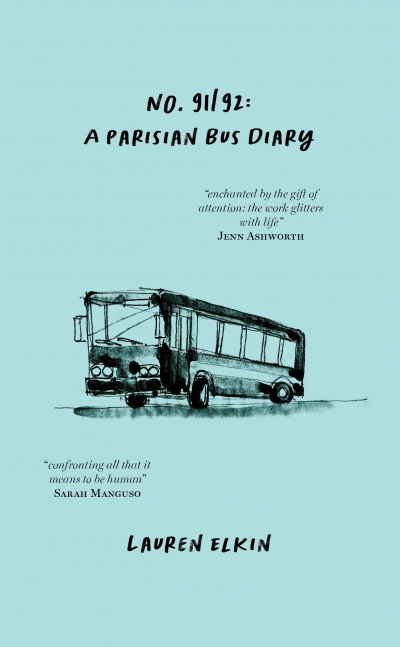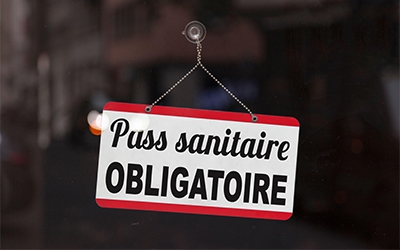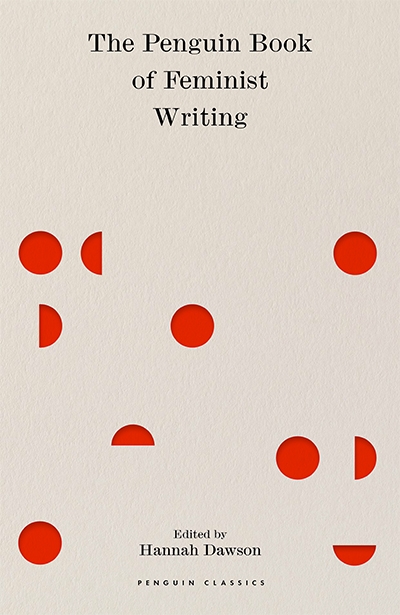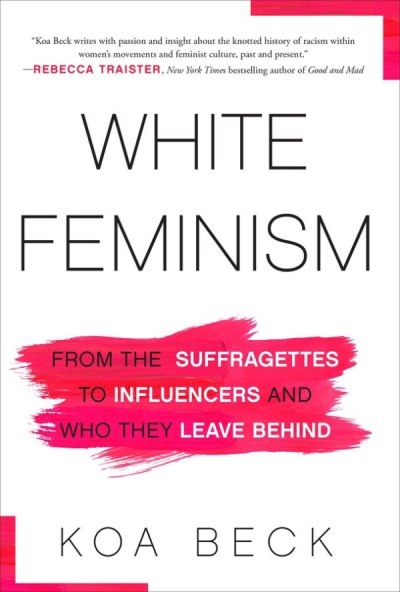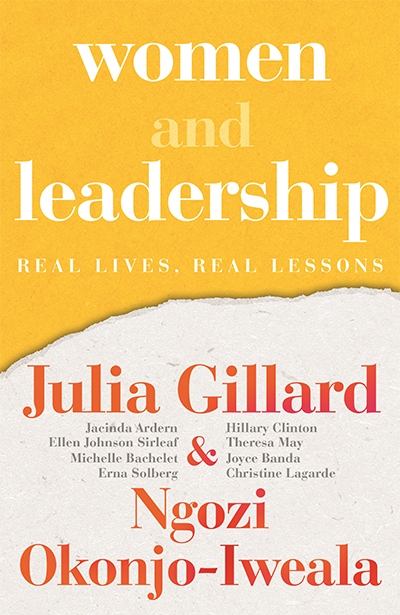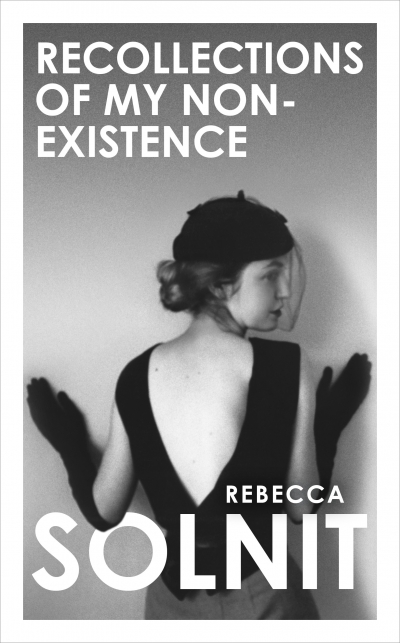Megan Clement
I receive my first dose of the Pfizer vaccine in May, in the small town of Meaux, mostly notable for producing a luxurious variety of brie. I travel forty minutes from Paris by regional train, watching the city become the banlieue and the banlieue become the countryside, speeding towards something that for five months had felt like an impossibility. Friends in Europe had flown to New York and Kentucky to get their shots while France fumbled its way through the first months of its vaccination campaign. It would probably be quicker for me to fly back to Australia, go through hotel quarantine and get vaccinated there, I thought at the start of the year. I was very wrong.
... (read more)White Feminism: From the suffragettes to influencers and who they leave behind by Koa Beck
by Megan Clement •
Women and Leadership: Real lives, real lessons by Julia Gillard and Ngozi Okonjo-Iweala
by Megan Clement •

